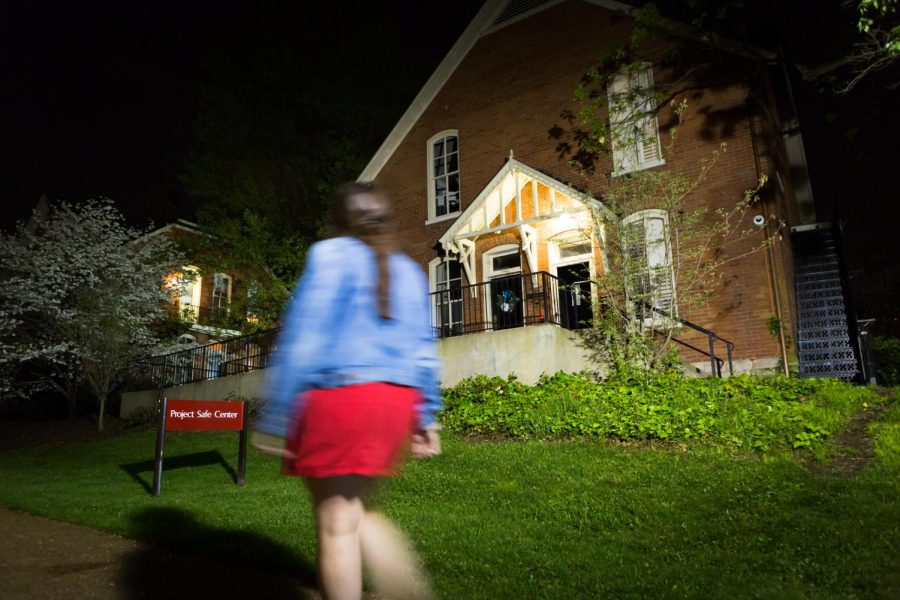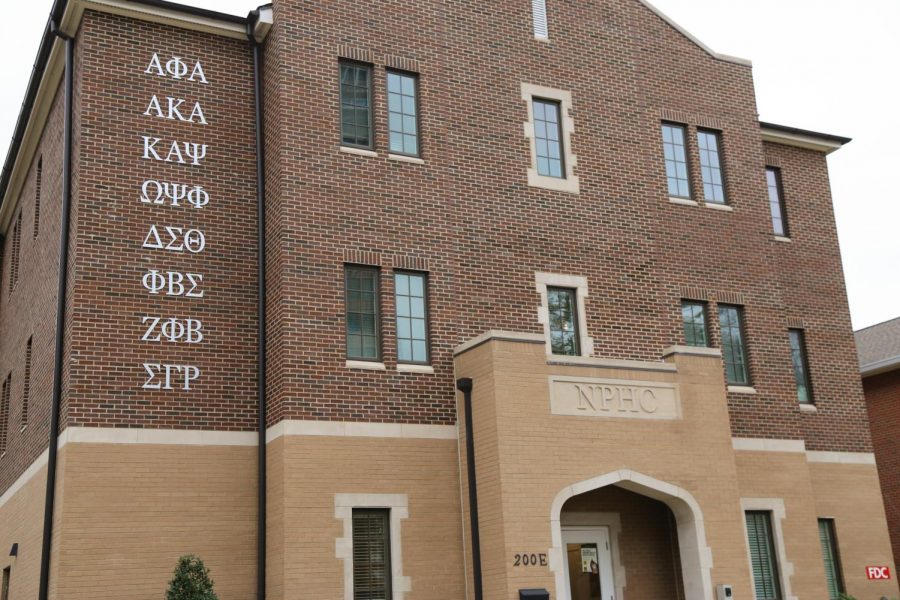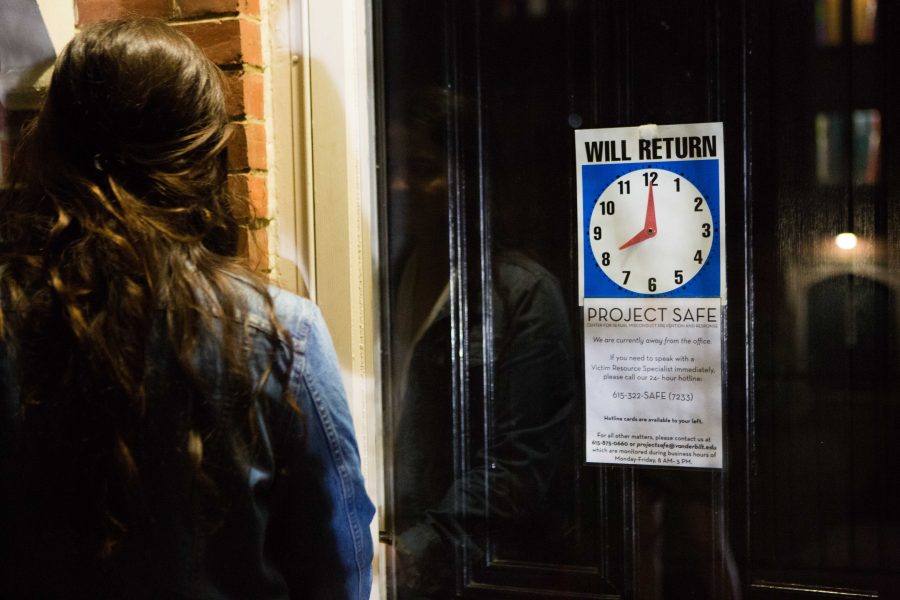Vanderbilt recently released the 2019 sexual assault and misconduct survey, but even before the findings were published, university administration had been working to make resources available for student survivors of gender harassment and misconduct.
As a result of increased dialogue around sexual assault, along with campus climate surveys that would occur every four years, the Vice Provost for Faculty Affairs Tracey George spearheaded the implementation of a gender harassment portal. This portal combines campus resources for students who have experienced sexual and gender harassment into one place that students can easily access. George hopes that with resources in one easily accessible place, students will be able to more easily find what they need.
“It’s a really effective way to get information to people where algorithms and searches just don’t work as well as they used to,” George said.
The portal is designed with flexibility in mind. George likened the portal to Legos, saying that should a student come forward with feedback necessitating a change in content or functionality, it would be easy for the administration to change the portal as needed. Also while designing the portal, George and other administrators included input from representatives of the LGBTQI+ community in an effort to ensure that its language was inclusive.
“I sat with a group of folks that helped come up with the website,” Director of LGBTQI Life Chris Purcell said. “We’ve come so far in such a short amount of time in our support and advocacy. Yet we have far to go as well. I think, in general, it’s a good resource. I think the more avenues we have for people to know the resources available to them and how they can navigate those resources is a good thing.”
Assistant Provost and Executive Director for Planning and Institutional Effectiveness Olivia Kew-Fickus is calling the gender harassment portal the first step in a series of actions intended to improve campus climate and plans to use findings from the AAU campus climate survey to guide future actions such as university policy clarification.
“One of the things that we hadn’t foregrounded was the reasoning why students might not report something formally. In [the survey], there were a lot of questions about why people might not report because there were alcohol or drugs involved,” Kew-Fickus said. “One of the actions that became clear from that was that we need to get some greater clarity to students on what our policies are around immunity when something is reported but there were other things going on as well.”
Vanderbilt University administration found the need to clarify university policy while in conversation with various student organizations, and Project Safe Director Cara Bell Tuttle said that she looks forward to student conversations and student-led initiatives to help create an overall safer campus climate.
Senior Kathleen Mcgean, chair of the Vanderbilt Sexual Assault Awareness and Prevention Committee (VSAP) on Vanderbilt’s Student Government, is looking forward to joining this effort.
“The AAU’s Campus Climate Survey results gives Vanderbilt a good, comprehensive look at what the prevalence of sexual assault and sexual harassment looks like on campus,” Mcgean said in an email to The Hustler. “VSAP is hoping to use this data to inform our programming and outreach efforts this year to make sure we’re addressing the right issues within the broader problem of sexual assault. In particular, we’d like to partner more with the LGBTQ+ community to address the high rates of sexual violence against transgender and nonbinary students on campus.”
On a less policy-driven level, both Mcgean and Tuttle hope that the implementation of the gender harassment portal also leads to a change of thought: that incidents of gender harassment are not exclusive to women, nor do they have to be especially egregious to be worthy of report.
“Victim advocates often hear people say things that are kind of heartbreaking like ‘What happened to me wasn’t as bad as it could be,’” Tuttle said. “We want everyone to know that it doesn’t have to be the worst incident you’ve ever heard about to come forward and tell someone.”
George said that the gender harassment portal is designed to accommodate students with incidents of every level of severity, and its design also means that a survivor does not have to know exactly where to go at first; the portal will help them find the proper links that they need.
“My hope is that the portal will help people to understand that there are campus resources for gender harassment, in addition to the resources that exist for survivors of sexual assault,” Director of the Margaret Cuninggim Women’s Center Rory Dicker said in an email to the Hustler. “I am encouraged that the University has devoted so many resources to survivors. I believe that, for an institution of its size, Vanderbilt has robust support for survivors. Project Safe serves anyone who has experienced sexual assault or harassment, including men and members of the LGBTQI community.”







